
“New Research Reveals How Aging Impacts Male Fertility and Sperm Health”
A growing body of scientific research is shedding new light on the complex relationship between male aging and reproductive health. A recent study has delivered a striking discovery: as men age, the quality of their sperm may gradually decline, potentially influencing fertility, pregnancy outcomes, and even the long-term health of future children. Researchers found that sperm from older men is more likely to accumulate DNA fragmentation, oxidative damage, and genetic instability—factors that can reduce conception success and contribute to developmental risks for offspring.
Although men can technically remain fertile well into later adulthood, the study emphasizes that age plays a far more important role in male fertility than previously understood. Biological changes in sperm structure and genetic integrity occur naturally over time, even among men who maintain generally healthy lifestyles. According to research published in Human Reproduction and supported by the National Institutes of Health (NIH), sperm DNA fragmentation tends to increase steadily with age. These age-related changes may influence embryo development, increase the likelihood of miscarriage, and affect long-term health outcomes for children.
Experts point out that multiple factors contribute to this gradual decline, including oxidative stress, environmental toxins, poor sleep, diet patterns, and exposure to pollutants. Even when men follow best practices—regular exercise, balanced nutrition, and avoidance of smoking—these measures cannot fully prevent the underlying biological aging of reproductive cells. Studies from Harvard Medical School highlight that oxidative stress in the male reproductive tract is a major driver of DNA damage, which becomes more pronounced as men grow older.
While this new research may raise concerns, it also offers valuable insight for family planning. Fertility specialists recommend that men who are considering fatherhood, especially later in life, be aware of these age-related risks and take steps to support their reproductive health. Medical professionals suggest fertility assessments, lifestyle optimization, and, when appropriate, sperm preservation options such as cryobanking. These strategies may help reduce uncertainties and support healthier reproductive outcomes.
This discovery marks an important shift in how society understands male fertility. For years, conversations around biological clocks have focused almost exclusively on women, but the evidence now shows that men, too, experience meaningful age-related changes that can influence reproductive success. Increased awareness can empower men to make informed choices about timing, health habits, and medical care.
Understanding the science behind sperm aging is a crucial step toward better reproductive planning, stronger family health, and improved long-term outcomes for future generations. As ongoing research continues to expand our knowledge, staying proactive and informed can make a significant difference for men worldwide.
News in the same category


France Reimagines Shelter Boundaries With Community Corn Walls

Discover how eggs support your baby’s brain development — full details in the comments!”

Blueberries: A Powerful Daily Boost for Heart Health

😭 Backlash Follows Carlos Gu's Emotional Breakdown on Strictly Come Dancing

👑 Former Campmate James Haskell Backs Martin Kemp for King of the Jungle

📉 The Upside Down of Broadway: Stranger Things Play Faces Financial Turmoil Amid Soft Ticket Sales

🪂🐍 I’m A Celebrity… 2025 Launch: Winners Secure Steak Dinner as Kelly Brook & Campmates Face the ‘Cockie Van’

🎶 Shona McGarty: From Walford to the Wild and Her New Chapter in Music

👨👩👧👦 Peter and Emily Andre’s Son Theo Makes Rare Appearance in Family Home Video

🌴 Kelly Brook’s Jungle Challenge: Body Positivity, Feuds, and a U-Turn

👨👧👦 Sam Thompson Shares "Freaking Out" Fears Over Baby Plans with New Girlfriend

Why Is Sebastian Telfair Back Living in the Projects After Nearly $19M in NBA Money?

The Revolutionary Legacy of The Alvin Ailey Dance Theater

Memphis Teen Gives Back To Community By Giving Free Haircuts To The Homeless

Meet the Couple Making History as First Duo to Serve as HBCU Rectors Simultaneously

Rapper Lupe Fiasco Named Visiting Professor at Johns Hopkins’ Peabody Institute

NBA Star Anthony Edwards Gets Surprise Game Visit From His 82-Year-Old Grandfather

Vicky Pattison shares statement after sparking concerns with It Takes Two absence: ’So sorry’
News Post
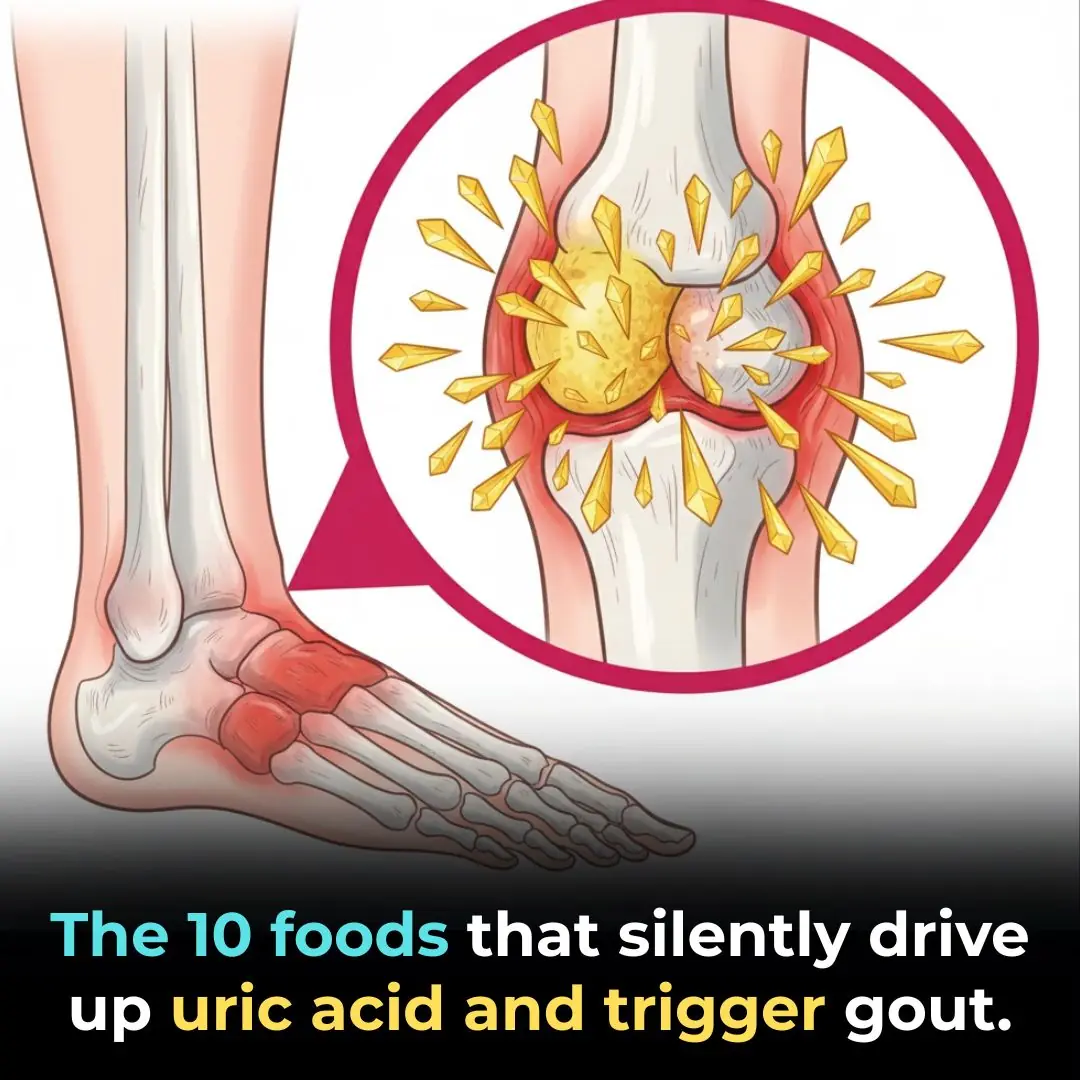
Top 10 Uric Acid Foods To Avoid If You Have Gout

Belgium’s Floating Algae Mats: A Green Breakthrough in Urban Water Purification

France Reimagines Shelter Boundaries With Community Corn Walls

5 Simple Ways to Remove Rust from Knives – Make Your Dull, Rusty Knife Shiny and Sharp Again

5 Fruits on the ‘Blacklist’ That Can Cause Cancer – Avoid Buying Even If Cheap

Pork Skin – The Often Overlooked Superfood

Don’t Throw Away Lemon Peels! Use Them for These 8 Household Tasks and Save a Ton of Money

10 surprising ways to use vinegar around the house
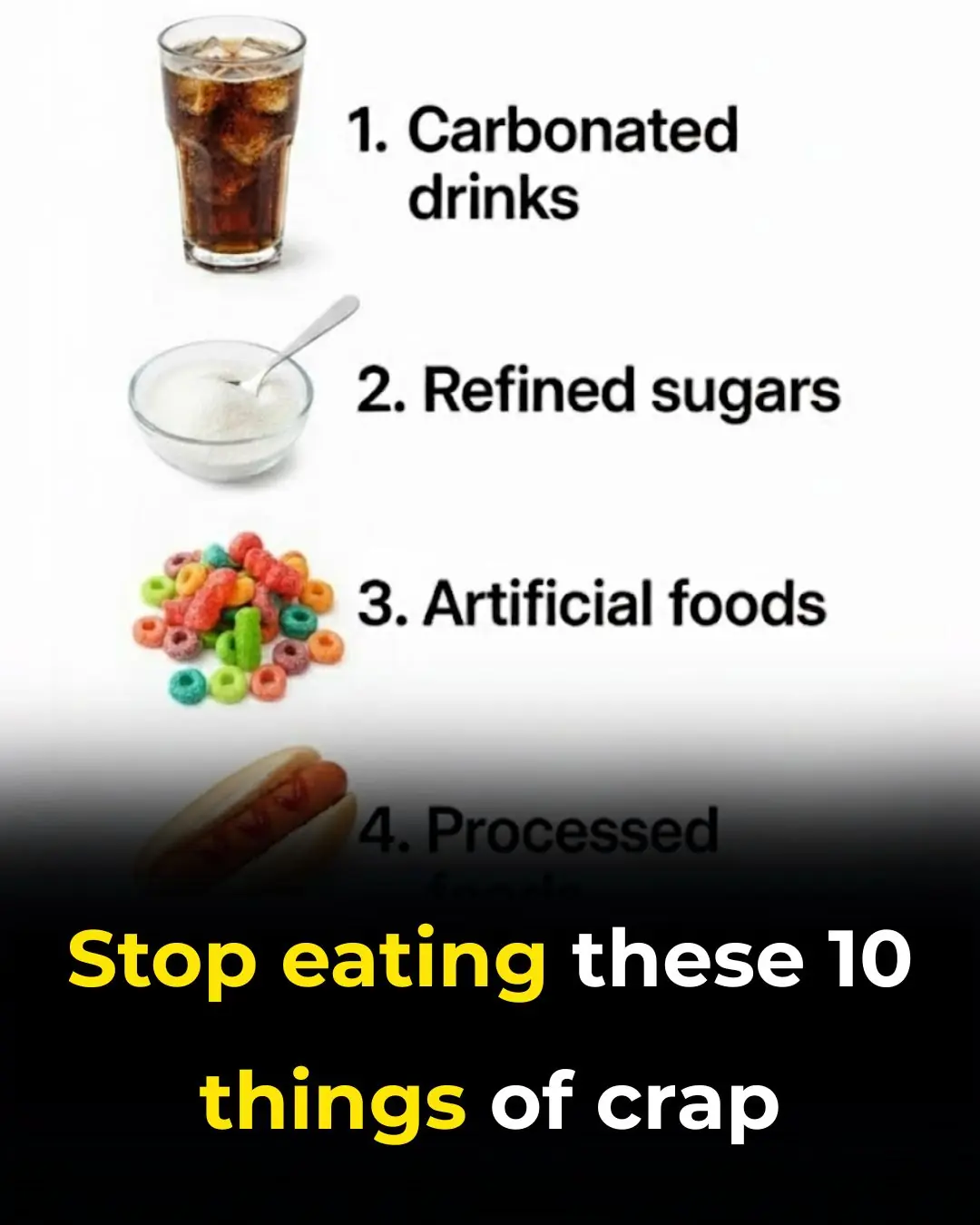
Stop eating these 10 things of CRAP

Mix Banana Peels With This and Leave It in a Corner — Roaches Will Disappear Overnight

Discover how eggs support your baby’s brain development — full details in the comments!”

Weak Toilet Flush and No Suction? A Simple Trick From a Professional That Fixes It Instantly

Five “Dirtiest” Parts of the Pig That Butchers Never Take Home for Their Own Families

Blueberries: A Powerful Daily Boost for Heart Health
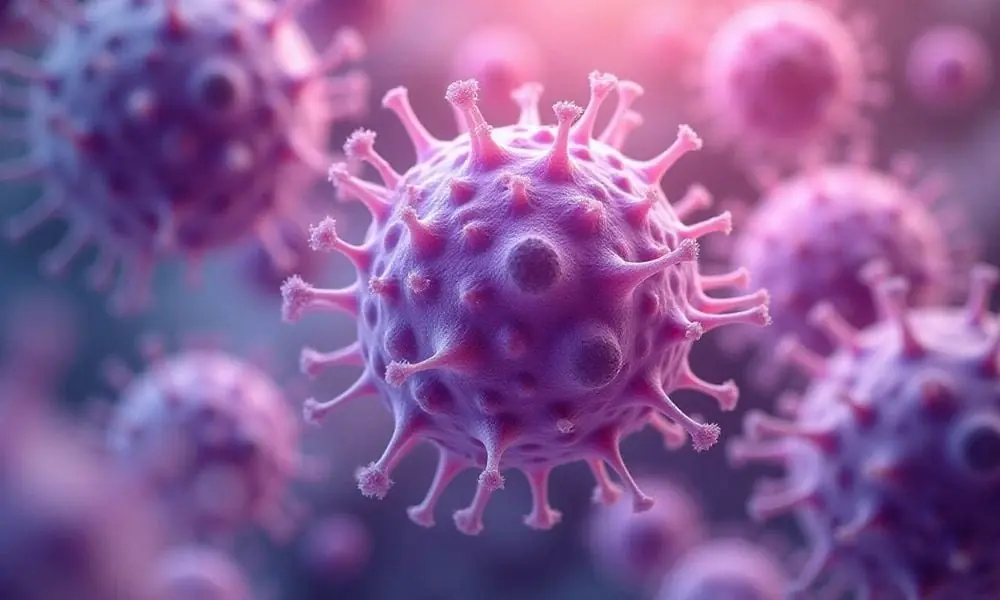
The Whole Family of Three Was Diagnosed With Thyroid Nodules; the Mother Collapsed: “I Thought Those Two Things Were Always Good to Eat and Could Prevent Cancer”
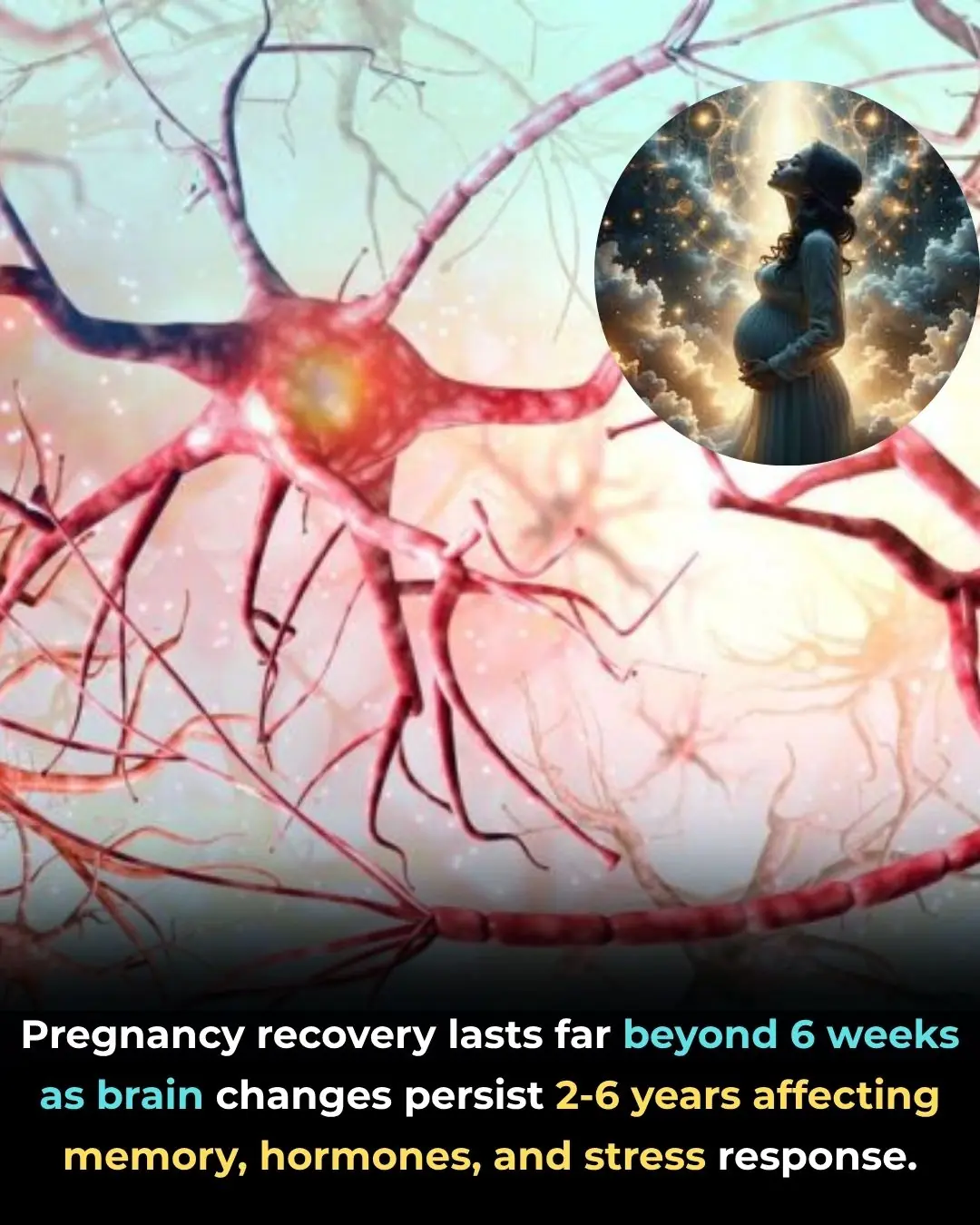
Motherhood Rewires the Brain: Why Postpartum Recovery Takes Years, Not Weeks

Eating More Than One Egg a Week May Slash Alzheimer’s Risk by 47%
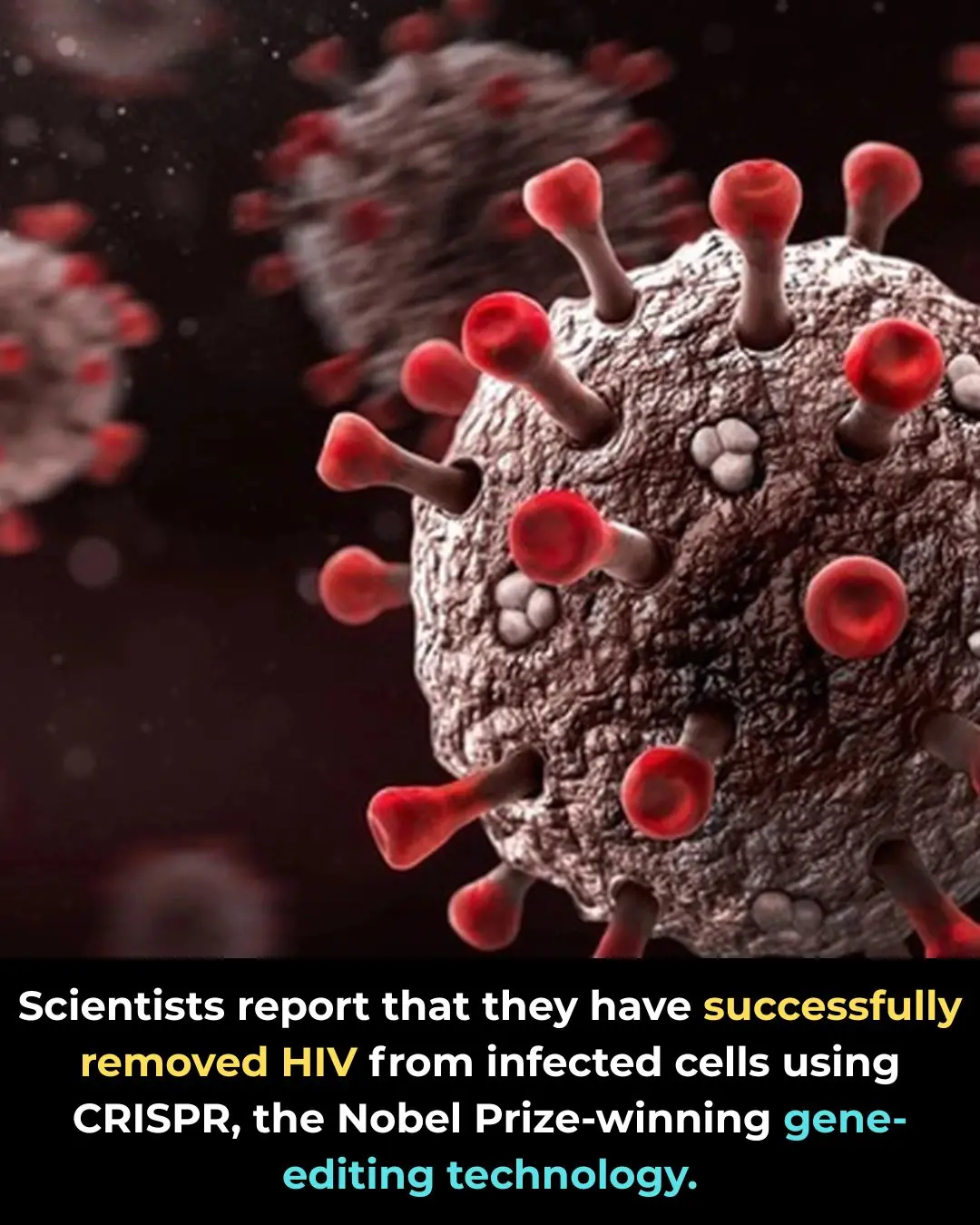
CRISPR Breakthrough Offers Hope for a Potential HIV Cure
